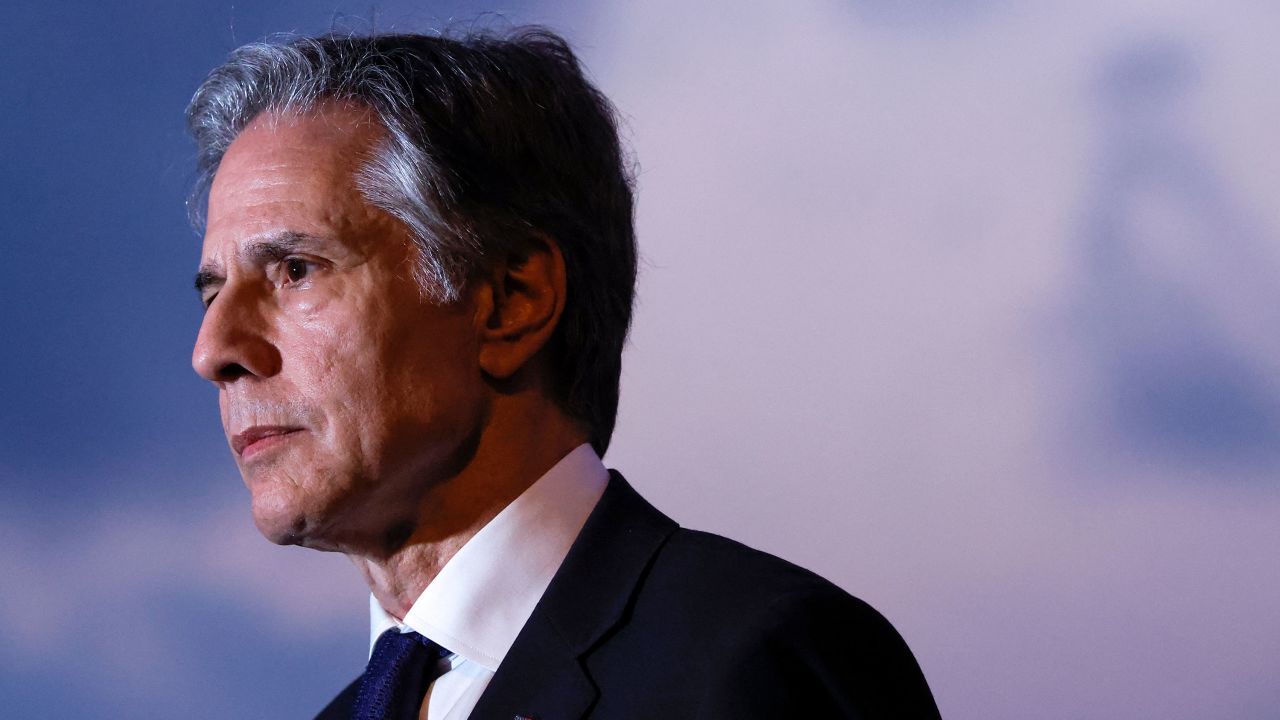US Increasing Pressure for Gaza Ceasefire and Hostage Release
US Secretary of State Antony Blinken is set to travel to the Middle East, including Egypt, Israel, Jordan, and Qatar, with the aim of reaching a ceasefire agreement in Gaza and facilitating the release of hostages. This diplomatic push follows President Joe Biden's announcement of a proposed deal last Friday, which outlines a multi-phase strategy to end hostilities and ensure humanitarian aid delivery.
Blinken's mission will involve intense discussions with regional partners to press for the acceptance of a proposal that both Hamas and Israel have yet to fully endorse. Matthew Miller, State Department spokesperson, emphasized that the deal closely mirrors an earlier proposal that Hamas had initially supported. However, a formal response from Hamas is still pending.
The proposed deal, actively mediated by the United States, Egypt, and Qatar, calls for an initial truce lasting at least six weeks. During this period, an exchange of hundreds of Palestinian prisoners for hostages captured by Hamas would take place. Following this, Israeli forces would withdraw from populated areas in Gaza, facilitating the return of Palestinian refugees and the entry of humanitarian aid.
International Support and Challenges
The initiative has garnered significant international backing, with leaders from 17 countries, including Spain, Argentina, Brazil, and Colombia, alongside Germany, Austria, and France, urging both Israel and Hamas to finalize the agreement. The collective call to action aligns with the escalating violence, illustrated by the recent Israeli bombing of a school in Gaza.
Despite international support, Israeli Prime Minister Benjamin Netanyahu faces internal opposition within his right-wing coalition, complicating the government's position on the ceasefire. Ministers Itamar Ben Gvir and Bezalel Smotrich have threatened to exit the coalition if any truce is agreed upon without dismantling Hamas. Nonetheless, the Biden administration remains optimistic, with top US officials, including NSA Advisor Jake Sullivan and CIA Director William Burns, actively engaging with regional players to expedite the process.
The proposed plan promises not only an immediate ceasefire but also long-term stability through the rehabilitation of Gaza, ensuring security for both Israelis and Palestinians and fostering opportunities for a durable peace agreement and a two-state solution.
- Secretary Blinken's visit also includes attending a conference in Jordan centered on the urgent humanitarian response to Gaza, co-sponsored by Jordan, Egypt, and the United Nations. This highlights the immediate need for humanitarian aid and the broader international commitment to stabilizing the region.
- Biden's administration has leveraged significant diplomatic pressure on Qatar, Egypt, and Turkey to influence Hamas. Specific measures include threats to freeze the bank accounts of Hamas members and restrict their travel freedom. Qatar, which houses Hamas's political office, has been urged to expel the group if it does not comply with the ceasefire proposal.
- The ceasefire proposal arrives at a crucial time as the humanitarian situation in Gaza continues to deteriorate, with over 36,000 Palestinian fatalities and extensive infrastructure damage. Implementing the truce would allow Palestinians to rebuild and enable the flow of essential humanitarian aid, ensuring a semblance of normalcy and stability in the war-torn region.






